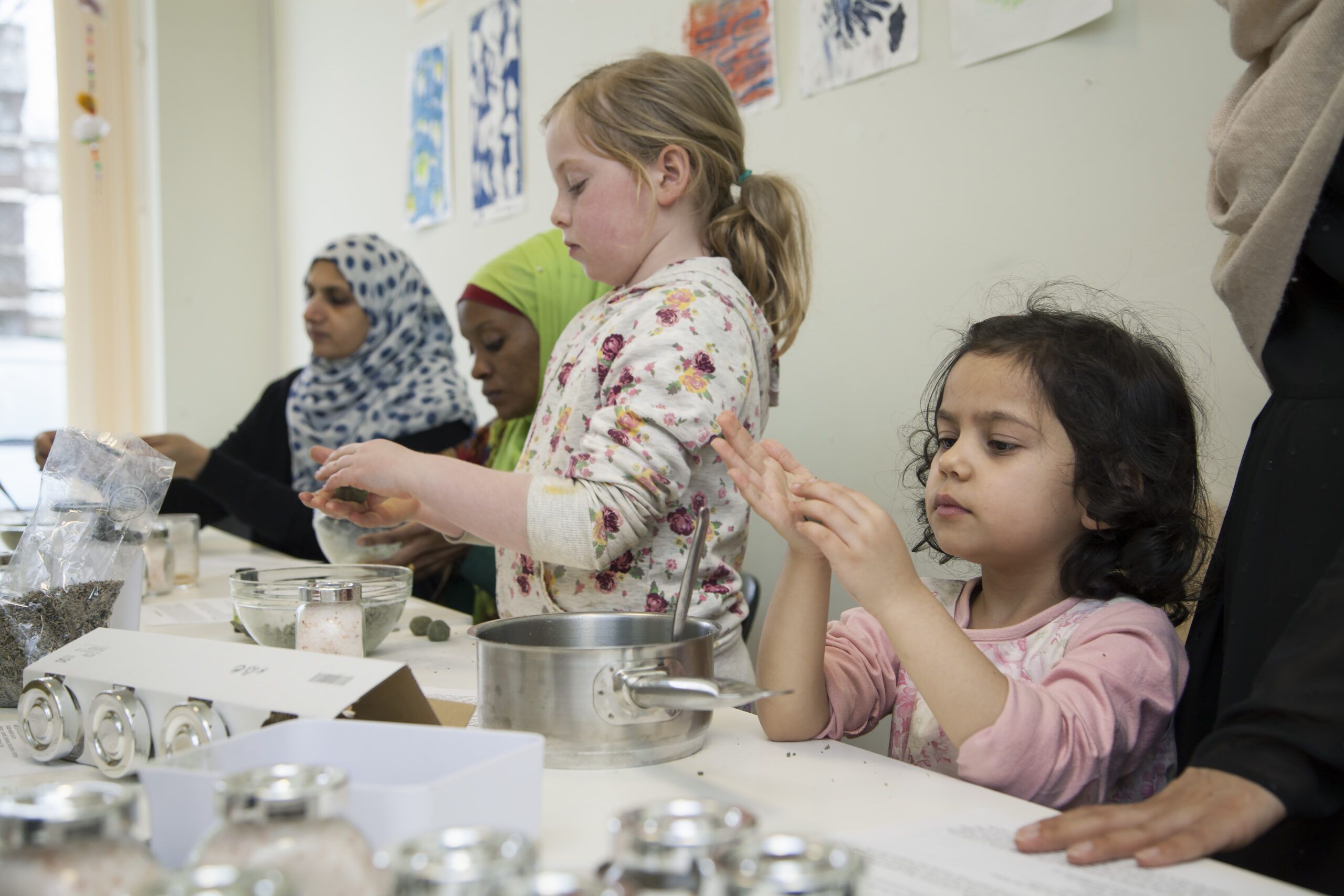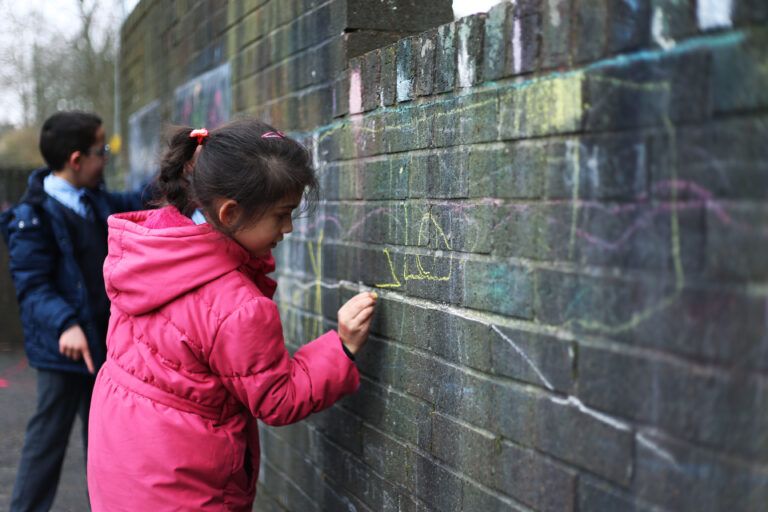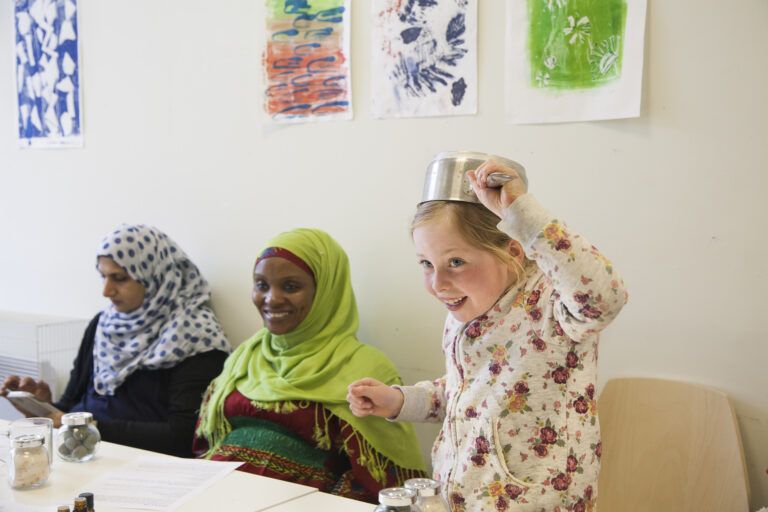The Project aimed to bring about lasting change by demonstrating effective ways of maximising employment of marginalised asylum seeking and refugee women including those with severe trauma and with limited English, particularly as Early Years Learning practitioners, so that
- Project learning is rolled out by colleges and other learning and training providers can adopt (and adapt) our approach
- Traumatised asylum seeking and refugee women become role models for others in their families and communities motivating others to follow similar routes to employment
- Attitudes to childcare, parenting, emotional well-being and mental health in marginalised asylum seeking and refugee communities gradually change by women becoming sources for advice and information
- Improve outcomes for asylum seeking and refugee children through having childcare staff in mainstream childcare settings who speak their first languages, have trauma-informed practice, and understand their cultural context (including identifying and helping to remove risk effectively and appropriately), and who can communicate effectively with their parents and carers.





